Staying hydrated is very important for running. This is even more important for overweight runners. When you run, your body loses water and salt through sweat. You need to replace them to stay strong and healthy. But how much water should you drink? When is the best time to drink it?
If you feel tired, dizzy, or thirsty while running, it may be because you are dehydrated. Hydration is not just about drinking water. It is about knowing what your body needs. Your weight, the weather, and how hard you run can change how much water you need.
In this guide, we will share simple hydration tips. These tips are made for overweight runners. They can help you feel better and run stronger. Let’s learn how to stay hydrated and enjoy your runs!
Hydration Tips for Overweight Runners
Staying hydrated is essential for all runners, but it’s especially important for overweight runners. Your body works harder during runs, losing water and electrolytes through sweat. Knowing how to stay hydrated can help you feel better, avoid dehydration, and perform at your best.
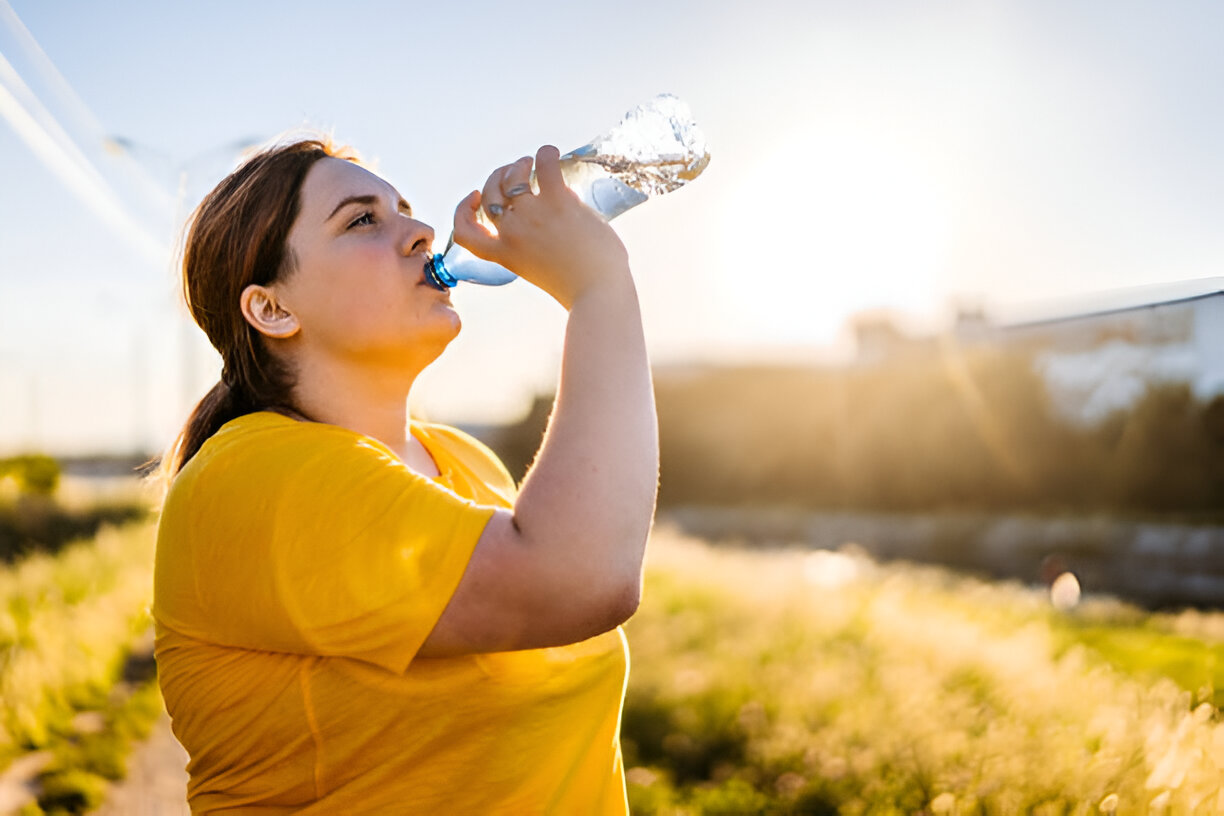
Why Hydration Matters
Water is crucial for your body. It keeps your muscles working, helps your heart pump blood, and regulates your body temperature. Losing too much fluid while running can make you feel tired and weak. Proper hydration keeps you energized and prevents symptoms like dizziness and cramping.
Signs of Dehydration
Dehydration can sneak up on you. Here are some early warning signs:
- Feeling very thirsty
- Dry mouth or lips
- Tiredness or dizziness
- Muscle cramps
- Dark yellow urine
If you notice any of these symptoms, it’s a sign you need to drink more water.

How Much Water Do You Need?
The amount of water you need depends on many factors, like your body weight and how much you sweat. Here’s a simple guide:
- Before your run: Drink 8-16 ounces of water 30-60 minutes before starting.
- During your run: Take small sips of water every 20 minutes if you are running for more than an hour.
- After your run: Replace the fluid you lost by drinking at least 16-24 ounces of water.
Remember, if you sweat a lot, you may need more water and electrolytes.
Why Electrolytes Are Important
Electrolytes like sodium, potassium, and magnesium are lost through sweat. These minerals help your body stay balanced. For long runs or hot days, try drinks that contain electrolytes, like sports drinks or electrolyte tablets.
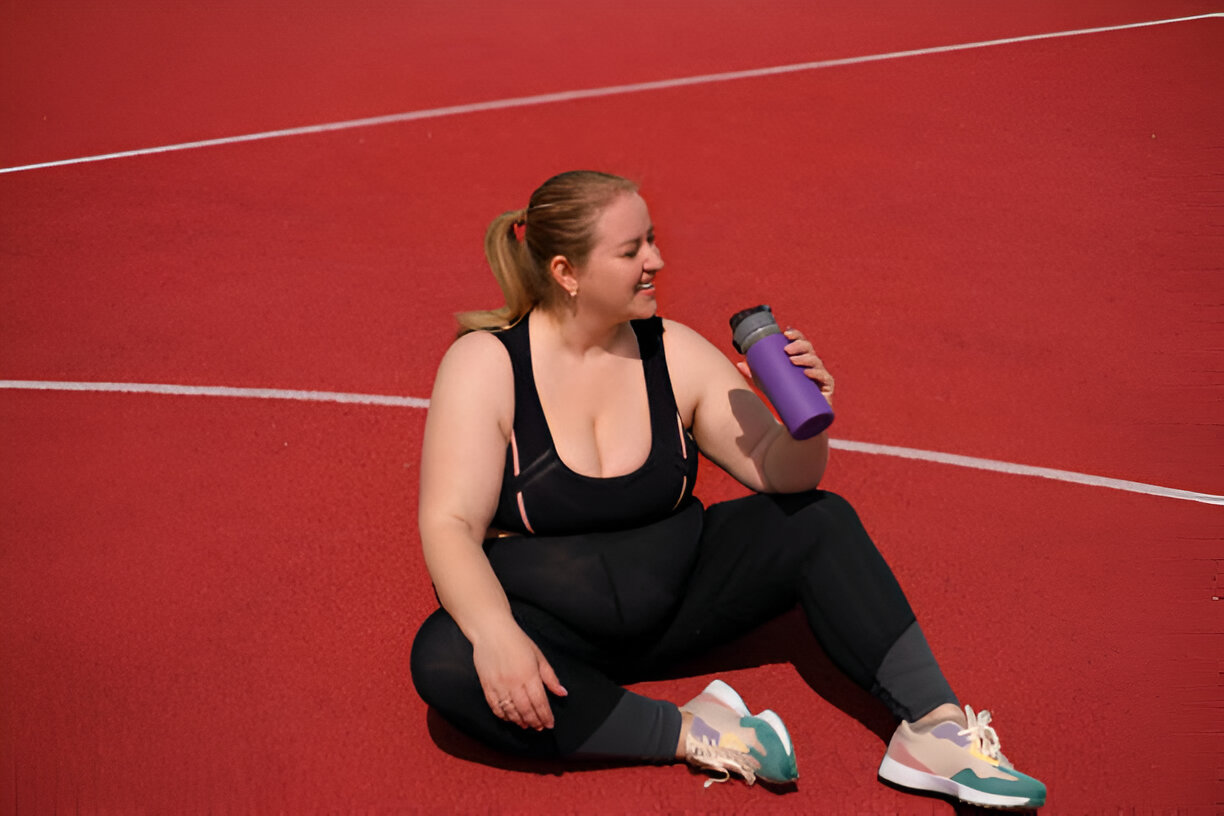
Common Hydration Mistakes
Avoid these mistakes to stay hydrated and healthy:
- Drinking too little: This can lead to dehydration.
- Drinking too much: Too much water can dilute your electrolytes.
- Ignoring electrolytes: Water alone isn’t enough if you’re sweating a lot.
Tips for Staying Hydrated
Here are some easy tips to stay hydrated while running:
- Carry a water bottle or use a hydration pack.
- Drink small amounts regularly instead of large amounts at once.
- Pay attention to how much you sweat and adjust your water intake.
- Use an app or tracker to remind you to drink water throughout the day.

Hydration Gear for Runners
The right gear can make hydration easier:
- Handheld water bottles: Perfect for short runs.
- Hydration belts: Great for carrying water and staying hands-free.
- Hydration packs: Best for long runs or races.
Choose what feels most comfortable for you.
By staying hydrated, you can feel stronger, avoid health risks, and enjoy running more. Small changes in your hydration habits can make a big difference. Drink smart, listen to your body, and keep running strong!
Conclusion:
Water is vital in run and it is more so essential for overweight runners. Staying adequately hydrated and replenishing your body electrolytes can dramatically change your wellbeing and productivity. It assists you to maintain your muscles’ and bones’ strength, ensures you do not suffer from water loss, and heal more quickly after the runs.
Think about your next run. Do you want water before you begin? Will you take along a bottle to drink from when you are running? Such small behavioral changes could make you run more efficiently and feel more at ease.
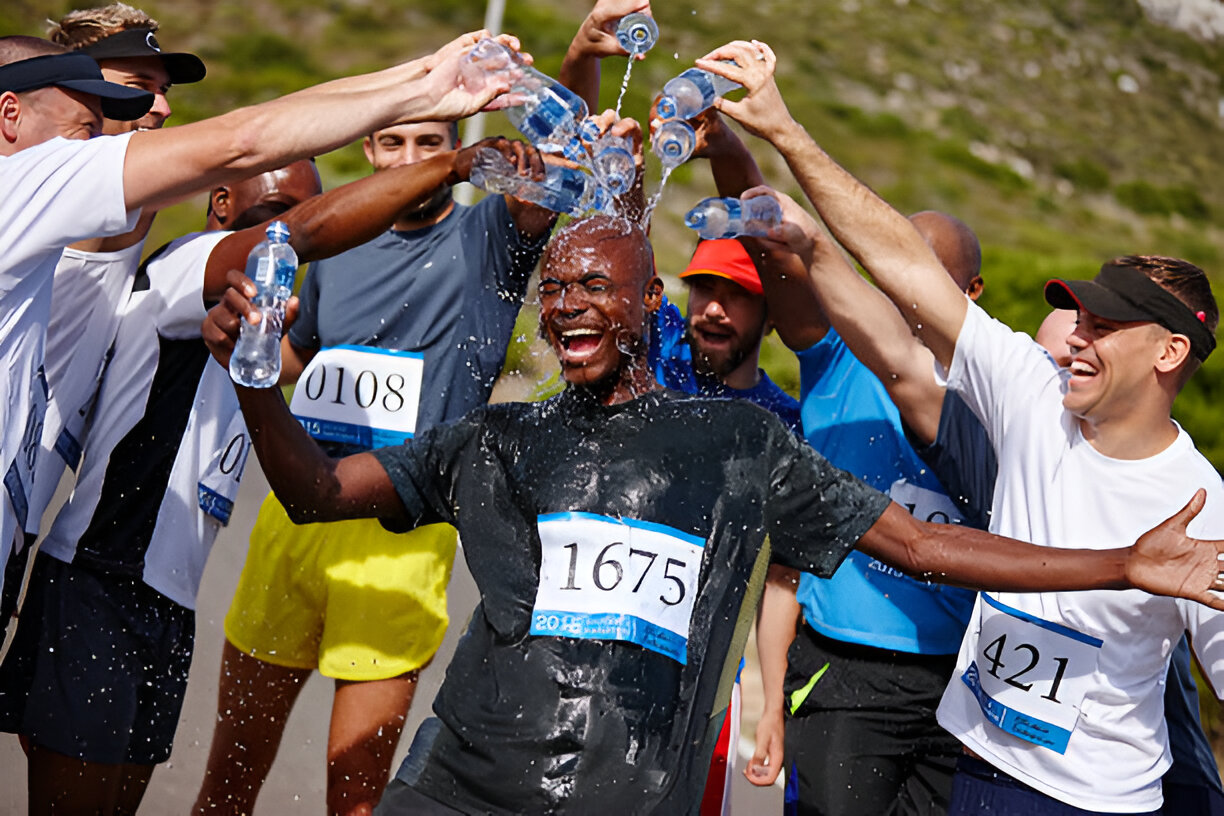
As with any advice, you need to consider: Every runner is unique. First of all, your hydration needs range vary from your body, the weather and how you exercise while running. Listen to your own body and discover what serves you well.
People should begin with the easy steps highlighted in this guide at the back of their hands. Please drink water, do not let yourself get dehydrated, and congratulations on your runs. Hydration truly adds a plus to every step taken and a sun to every run made. Keep going—you’ve got this!

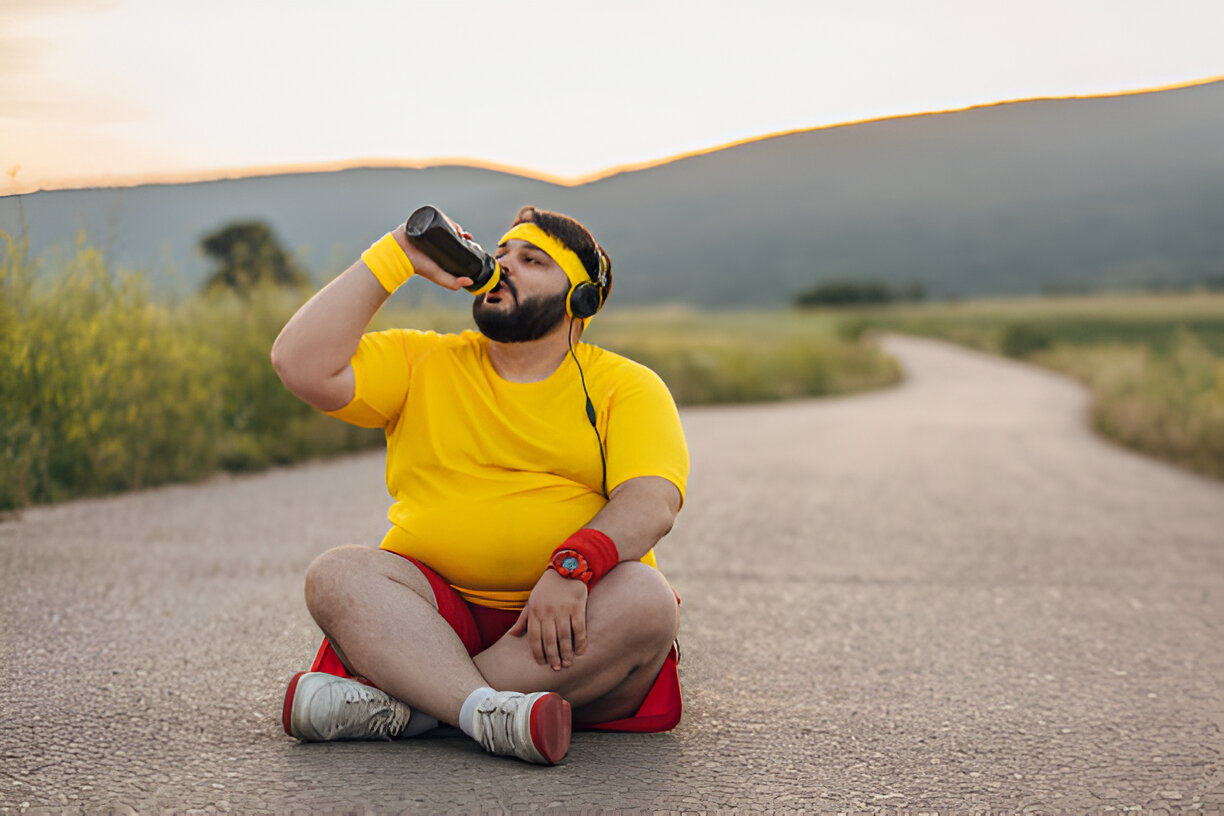
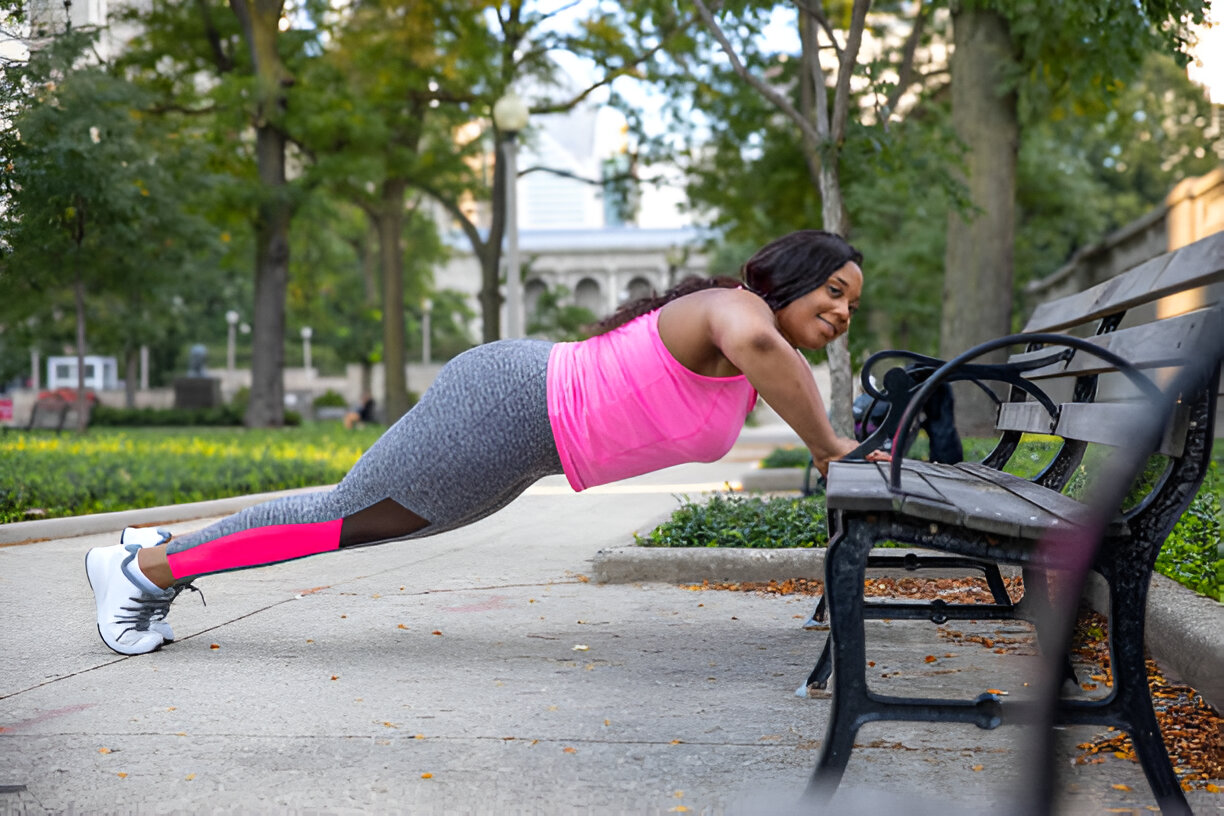
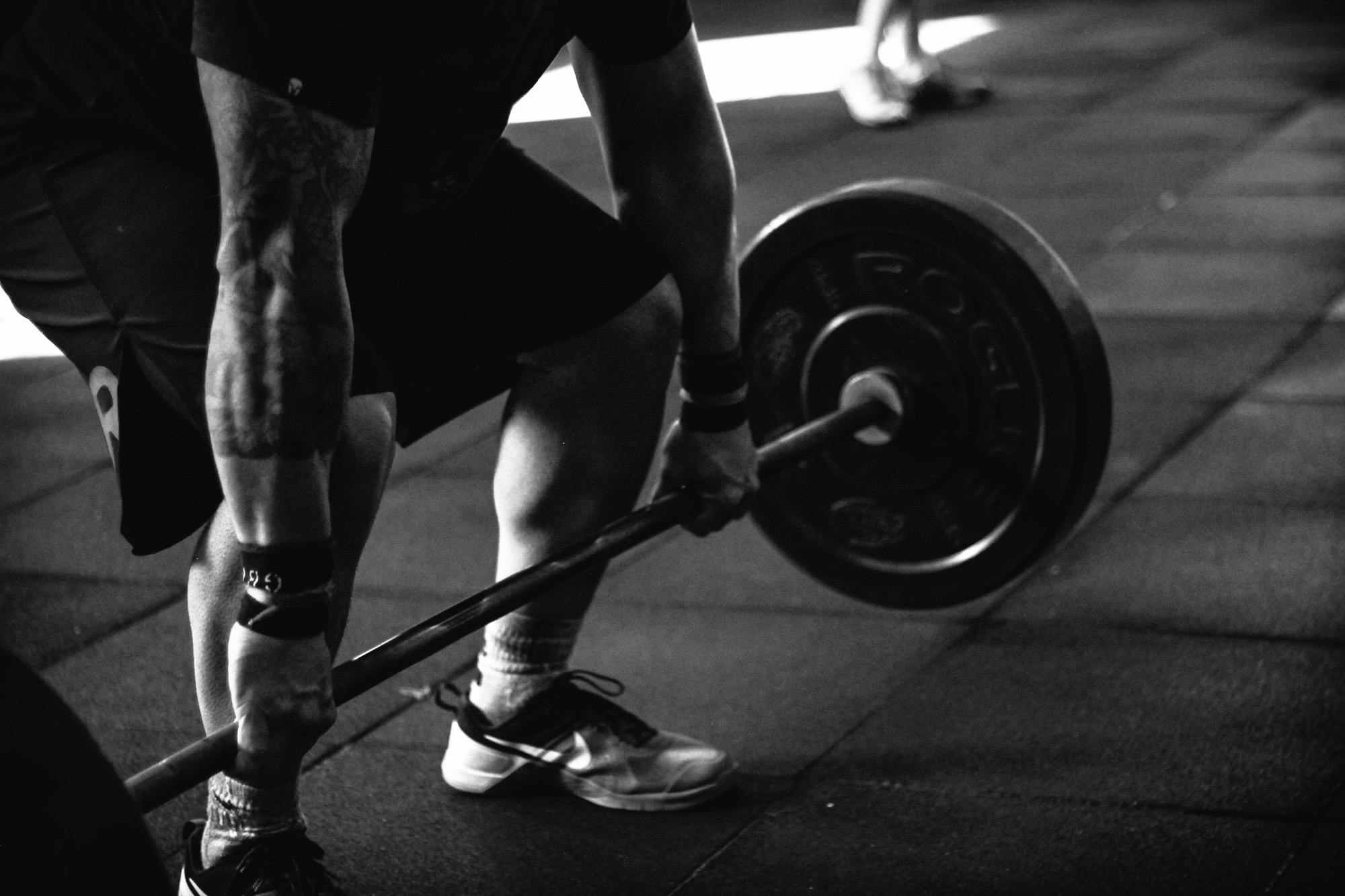
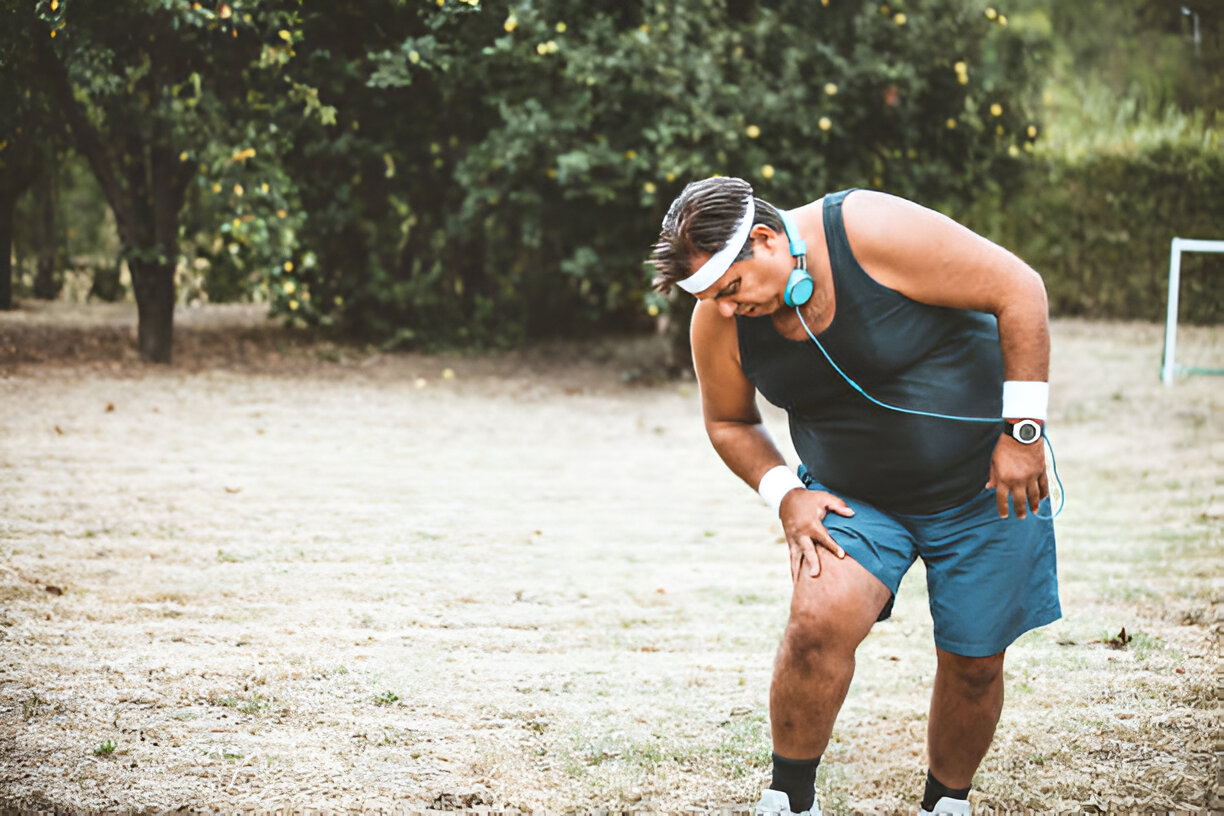
Leave a Reply